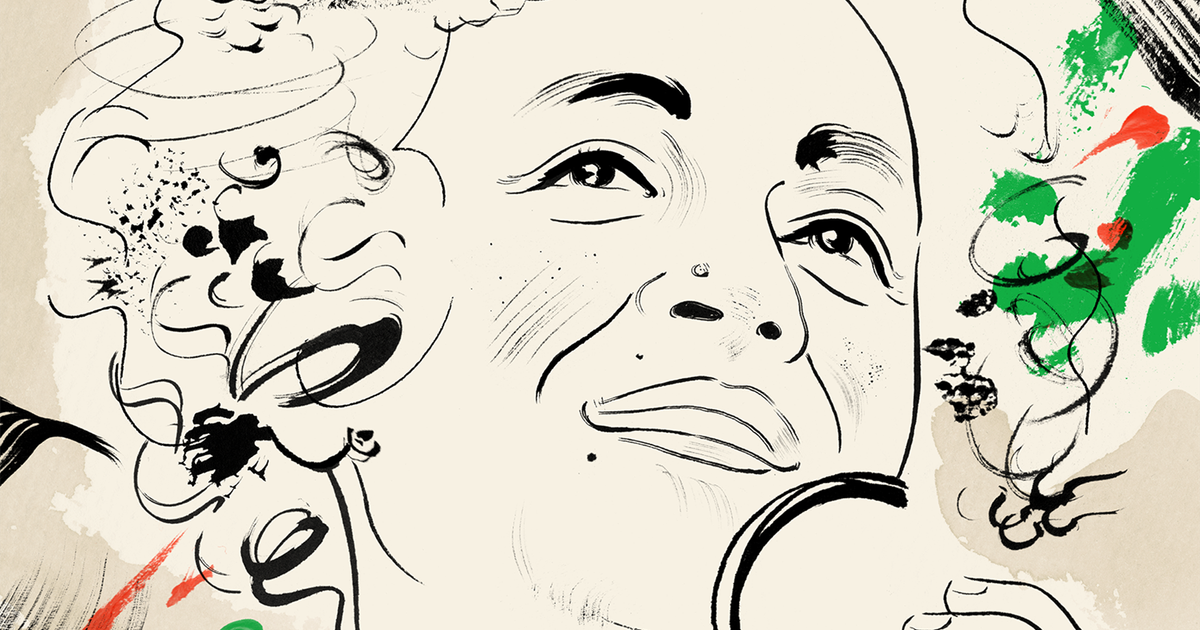
"There was a moment in 1997, right after the Delhi-based writer became the first Indian citizen to win the Booker Prize, for her best-selling debut, The God of Small Things, when the president and the prime minister claimed the whole country was proud of her. She was 36 and suddenly rich; she could have coasted on the money and praise. Instead, she changed direction. Furiously and at length, she started writing essays for Indian magazines about everything her country's elites were doing wrong."
"As nationalists celebrated Indian nuclear tests, she wrote, "The air is thick with ugliness and there's the unmistakable stench of fascism on the breeze." In another essay: "On the whole, in India, the prognosis is - to put it mildly - Not Good." She wrote about Hindu-nationalist violence, military occupation in Kashmir, poverty, displacement, Islamophobia, and corporate crimes. Her anti-patriotic turn got her dragged in the press."
"She began to define herself against the conflict. As Roy writes in Mother Mary Comes to Me, her new memoir, "The more I was hounded as an antinational, the surer I was that India was the place I loved, the place to which I belonged. Where else could I be the hooligan that I was becoming? Where else would I find co-hooligans I so admired?""
Arundhati Roy identifies as a vagrant. In 1997 she became the first Indian citizen to win the Booker Prize for The God of Small Things, gained wealth and national praise, and then shifted to political writing. She published forceful essays condemning nationalist celebrations of nuclear tests, Hindu-nationalist violence, military occupation in Kashmir, poverty, displacement, Islamophobia, and corporate crimes. She faced press attacks and legal actions ranging from obscenity to terrorism charges. She defined herself against the conflict and affirmed belonging to India. She has published more than twenty books, mostly nonfiction, with one other novel (2017's The Ministry of Utmost Happiness) and a new memoir.
Read at Vulture
Unable to calculate read time
Collection
[
|
...
]